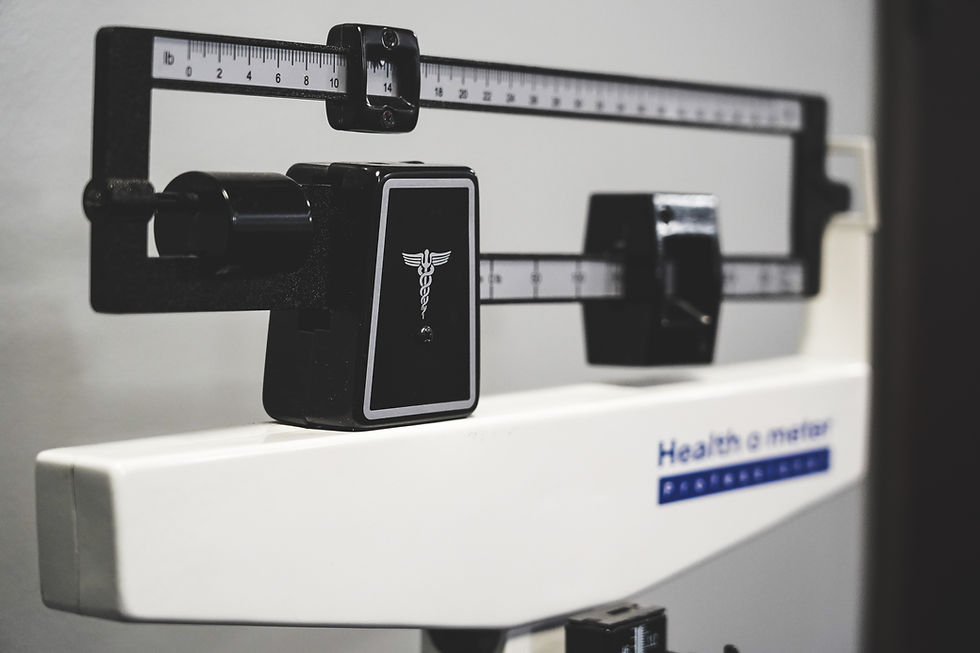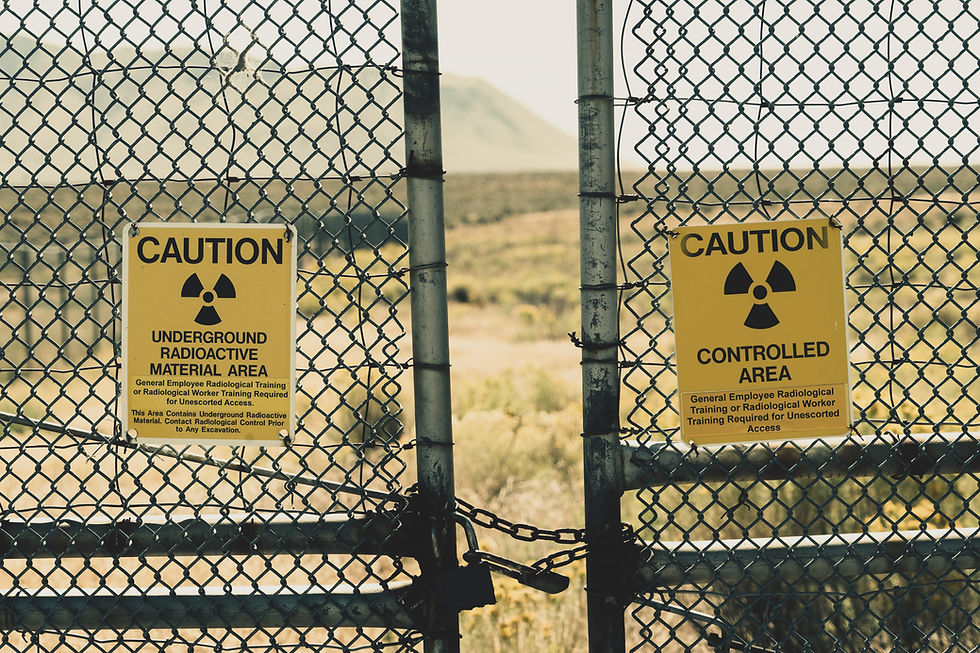What is the C&P (compensation and pension) exam like for sleep apnea?
- MRPY Professional Services

- Apr 10, 2023
- 4 min read
Updated: Apr 18, 2023
Luckily, it’s not an exam you’ll have to study for. Here’s what you can expect from the C&P exam for sleep apnea.
But first, what is the C&P (compensation and pension) exam?
The C&P exam, known as the VA Claim Exam, occurs after you’ve filed a claim for compensation or pension benefits with the U.S. Department of Veteran Affairs (VA). Simply put, it’s a medical evaluation of a Veteran’s disability for the purpose of accurately assessing conditions before assigning any ratings.
The exam is performed in person by a VA healthcare examiner – either a physician, physician assistant, or nurse practitioner depending on availability. You will be notified who your examiner is before the appointment, so you can look them up beforehand if you’re curious about reviews.
How is sleep apnea defined?
Sleep apnea occurs when breathing repeatedly starts and stops during sleep. While it’s classed as potentially serious, this common sleep disorder is common among the U.S. population – even more so among Veterans. One study found that 57% of Veterans with PTSD also had sleep apnea, which is yet another piece of evidence to support the medical link between sleep apnea and PTSD.
Check out our other blogs on sleep apnea:
How is sleep apnea rated for VA disability purposes?
What is the medical connection between sleep apnea and PTSD?
What is the exam like for sleep apnea?
Most C&P exams for sleep apnea are conducted by a medical review only, and do not require an in-person examination. This is called an ACE (Acceptable Clinical Evidence) review. Some Veterans, however, may be called in for an in-person examination. We’ll break down both exam types below so you know what to expect for each.
If it’s an ACE exam:
VA medical provider completes a Disability Benefits Questionnaire (DBQ)
A Disability Benefits Questionnaire (DBQ) is the official VA form used to outline rating criteria for the condition you’re seeking disability benefits for. If the VA can use your existing medical records to fill out the DBQ, you won’t be seen for an in-person exam.
Answer follow-up questions in a telephone interview, if necessary
If needed, documentational evidence can be supplemented with a telephone interview. During this interview, your medical examiner may ask questions about your history with sleep apnea, the severity of your symptoms, medications you take, and devices you use to manage symptoms. Scroll down below to numbers 2 through 4 in the next section for details on each of these categories.
Wait to receive the VA’s medical opinion
Now, all you have to do is wait. Next, your medical examiner will compose their opinion based on your documents and responses in order to help the rater assign a formal rating if a positive connection exists.

If you get called in for an in-person evaluation:
Review Disability Benefits Questionnaire (DBQ) with your examiner
You’ll arrive prepared for your appointment with your DBQ document, the official VA form used to outline rating criteria for the condition you’re seeking disability benefits for. With your examiner, you will discuss your symptoms and specific type of sleep apnea. Remember, there are three categories: Obstructive sleep apnea, central sleep apnea, and treatment-emergent central sleep apnea.
Answer questions about your history with sleep apnea
Your examiner will ask you questions about your history with sleep apnea. They’ll want to know all about when it started and your symptoms – so consider preparing notes and potentially including input from your spouse or family if they can speak supportively on your experience. If you’ve already had a polysomnogram (a sleep study used to diagnose sleep apnea), make sure you’ve provided the results ahead of time.
Answer questions about medication and devices used for sleep apnea
Do you take any medications to ease the symptoms of your sleep apnea? Come prepared with this information. Many Veterans take stimulants (such as Provigil) to stay awake during the day – others will take nighttime medicine to stay asleep. Your examiner will also want to know if you use any devices, such as a CPAP or mandibular device, to manage your symptoms.
Answer qualifying questions to determine the severity of your sleep apnea
You’ll likely be asked about the following: Persistent daytime sleepiness, carbon dioxide retention, chronic respiratory failure, cor pulmonale, and whether or not you’ve ever required a tracheostomy. The majority of Veterans with mild to moderate symptoms will get the 50% rating. Learn more about how the VA rates sleep apnea for disability benefits here.
Wait to receive the VA’s medical opinion
After your appointment, your examiner will compose a medical opinion based on all of the information you’ve provided them before they assign a formal rating. With the right documentation, you’ll be on your way to earning the benefits and support that you deserve.
Become your own claims expert
Ready to become your own claims expert? Our free, 60-minute educational webinar explains in detail how to simplify your disability claims. If you’re looking for a more in-depth program, you can sign up for our course "Master Service Connection: A Course To Maximize Your VA Disability Rating FAST!"




Comments